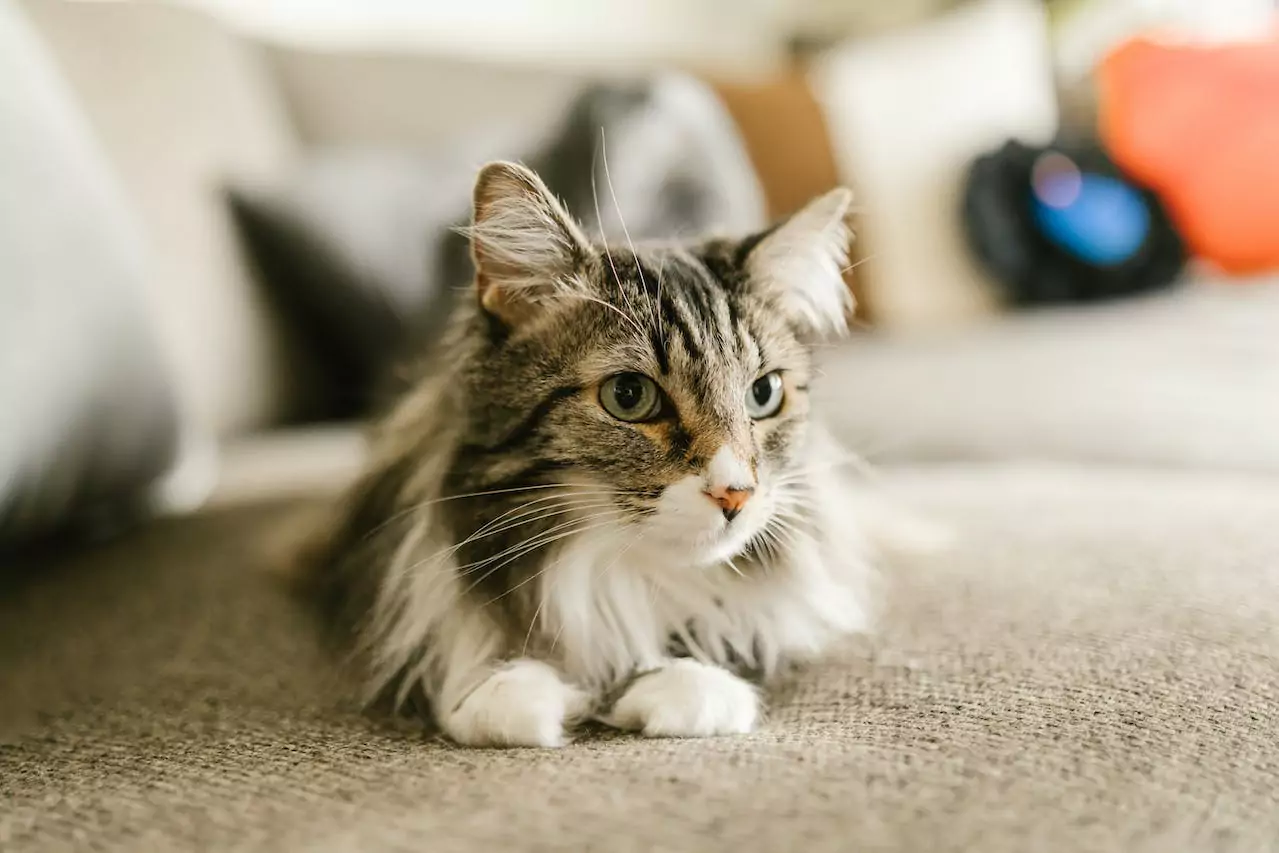The Maine Coon, with its impressive size and luxurious fur, has been a source of fascination and admiration in the world of cat enthusiasts. This native North American breed is renowned for its large bone structure, muscular build, and a shaggy coat that can weather the coldest climates. Yet, beyond its individual charm, the Maine Coon has played a significant role in the development of other breeds through crossbreeding, leaving a legacy of size, fluff, and friendly dispositions in its wake.
Crossbreeding, the method involved with mating two distinct varieties, is a training that has been completed because of multiple factors – to improve specific actual characteristics, to present new hereditary lines, or to diminish the gamble of inherited illnesses. On account of the Maine Coon, its qualities have been pursued to give powerful wellbeing, a cordial disposition, and its brand name actual ability to posterity.
When it comes to size, the Maine Coon is unmatched. Males can weigh between 13 to 18 pounds, with females slightly smaller, creating a demand for crossbreeding with this giant to produce larger-than-average cats. This has been particularly appealing for those seeking to develop new breeds or to add a majestic presence to existing ones. The resultant crossbreeds often inherit this desirable trait, alongside the Maine Coon’s muscularity, which contributes to their agility and strength.
The fur of the Maine Coon Cat is another attribute that breeders aim to propagate through crossbreeding. The breed’s coat, thick and water-repellent, is complemented by a luxuriant mane, tufted ears, and a bushy, plume-like tail. This fur not only serves a practical purpose, protecting the cat against the elements, but also adds an aesthetic quality that is highly prized. Crossbreeds with Maine Coon heritage often exhibit these fluffy characteristics, which are coveted by cat lovers for both their beauty and the tactile experience they offer.
Furthermore, the Maine Coon’s influence extends beyond physical traits to the realm of personality. Known for their sociable and easygoing nature, Maine Coons have a reputation for being exceptionally good-natured. They are often described as ‘dog-like’ in their loyalty and tendency to follow their owners from room to room. This genial disposition is a highly sought-after quality in crossbreeding efforts, as it tends to result in kittens that are not only beautiful and robust but also make ideal family companions.
In any case, the most common way of crossbreeding isn’t without its faultfinders. A few perfectionists accept that the respectability of the Maine Coon’s heredity ought to stay immaculate, contending that the variety’s exceptional qualities are best saved inside its own genetic stock. However, numerous raisers counter that when done capably, crossbreeding can upgrade hereditary variety and add to the wellbeing and imperativeness of the felines in question.
The genetic legacy of the Maine Coon also comes with a responsibility to address and mitigate potential health issues that the breed may carry. For instance, Maine Coons are predisposed to certain conditions such as hypertrophic cardiomyopathy, a heart disease, and hip dysplasia. Responsible breeders who engage in crossbreeding practices must therefore be diligent in health screenings and transparent about the health of their breeding cats to ensure the well-being of future generations.
The influence of the Maine Coon on crossbreeding has been profound and far-reaching. The breed has contributed to the creation of new feline varieties, such as the Norwegian Forest Cat, with which it shares several physical traits, and has enhanced the genetic tapestry of many others. The legacy of the Maine Coon in these crossbred progenies is evident not only in their size and their lush coats but also in their amiable temperaments.
In conclusion, the Maine Coon’s legacy in crossbreeding is a testament to the breed’s robust genetics and versatile appeal. Its size, coat, and demeanor have been bestowed upon numerous other breeds, cementing its place as a cornerstone of feline genetic development. As breeders and enthusiasts continue to cherish and propagate the qualities of the Maine Coon, it remains imperative that this is done with the utmost care for the health and well-being of the cats involved, ensuring that the legacy of the Maine Coon is both celebrated and preserved with integrity.

Leave a Reply